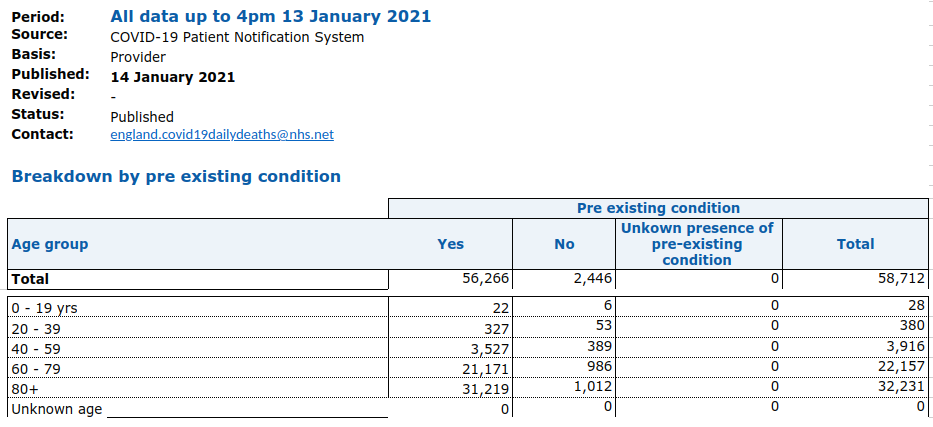On the undermining of civil society by the Welfare State
One of the books that most influenced my views was James Bartholomew's The Welfare State We're In. I especially found the sections on pre-1945 voluntary welfare provision by Friendly societies interesting. I was reminded of this by this column on Unherd today: The Tories created their own worst enemy
Prior to World War II, the relation of civic institutions to government was far less symbiotic — and far less elite. For example, some 27,000-odd pre-war “friendly societies” supported families at times of crisis in return for small regular contributions, and at their peak boasted a working-class membership numbering some 14 million.
But the mass, state-managed war effort made mass solidarity seem imaginable in Britain — and in turn drove the foundation of the welfare state. Civil society bodies and Labour leaders alike worried after Labour’s shock 1945 election victory that rolling out mass welfare would precipitate a decline in voluntarism and civil society institutions.
Four years later, a submission by St John Ambulance to Lord Beveridge observed how the British public assumed “the state will provide” and that “the man-in-the-street considered the Brigade’s work was over’. And so, indeed, it came to pass with the creation of nationwide welfare: membership of “friendlies” began to plummet.
The big problem is that reversing this decline is very hard if not impossible.

Comments
Post a Comment